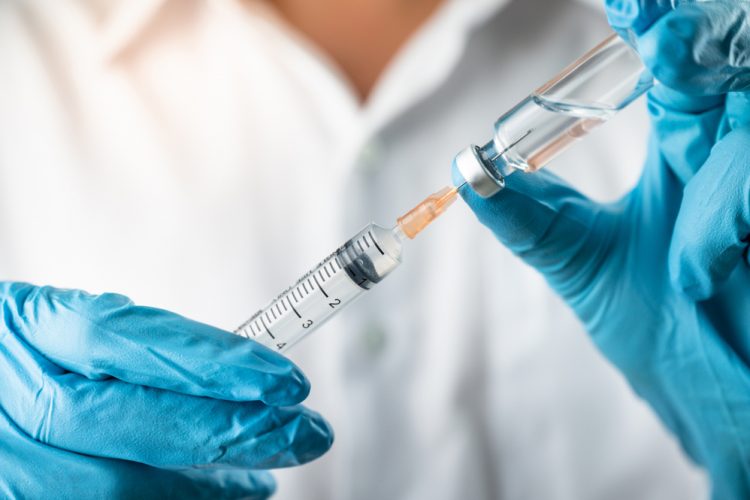First patients enrolled in Phase II trial of Novavax COVID-19 vaccine
Posted: 25 August 2020 | Victoria Rees (European Pharmaceutical Review) | No comments yet
The Phase II clinical trial to study NVX-CoV2373, the Novavax COVID-19 vaccine candidate, has enrolled its first patient.


Novavax has announced that the first volunteers have been enrolled in the Phase II portion of its ongoing clinical trial to evaluate NVX-CoV2373, its COVID-19 vaccine candidate.
NVX‑CoV2373 is a stable, prefusion protein made using nanoparticle technology and includes the company’s proprietary Matrix‑M™ adjuvant. In pre-clinical trials, NVX‑CoV2373 demonstrated the elicitation of antibodies that block binding of the SARS-CoV-2 Spike (S) protein to receptors targeted by the virus, a critical aspect for effective vaccine protection.
According to Novavax, the Phase II portion of the ongoing Phase I/II clinical trial is a randomised, placebo-controlled, observer-blinded study to evaluate the safety and immunogenicity of NVX-CoV2373 with Matrix-M in subjects aged 18 to 84 years. The clinical trial will assess two dose sizes (5µg and 25µg), each with 50µg of Matrix‑M. The study is targeting enrolment of up to 1,500 healthy volunteers, with approximately 50 percent of participants over 60 years of age, at up to 40 sites in the US and Australia.
“We expect this Phase II portion of the trial to expand on the encouraging Phase I safety and immunogenicity data for NVX-CoV2373 and we will now look for robust immune responses in older adults,” said Dr Gregory Glenn, President of R&D at Novavax. “Our Phase III trial of NanoFlu, which we reported in March of 2020, provided us with a deep understanding of the unique needs of older adults, who are particularly vulnerable to COVID-19. We know that the world is closely watching all of these trials and we anticipate interim data from this trial in the fourth quarter of this year.”
In the Phase I portion, conducted in Australia, NVX-CoV2373 was generally well-tolerated and elicited robust antibody responses numerically superior to that seen in human convalescent sera. These data have been submitted for peer-review to a scientific journal and are posted online at the preprint server medRxiv.org.
Related topics
Clinical Development, Clinical Trials, Research & Development (R&D), Vaccines, Viruses









